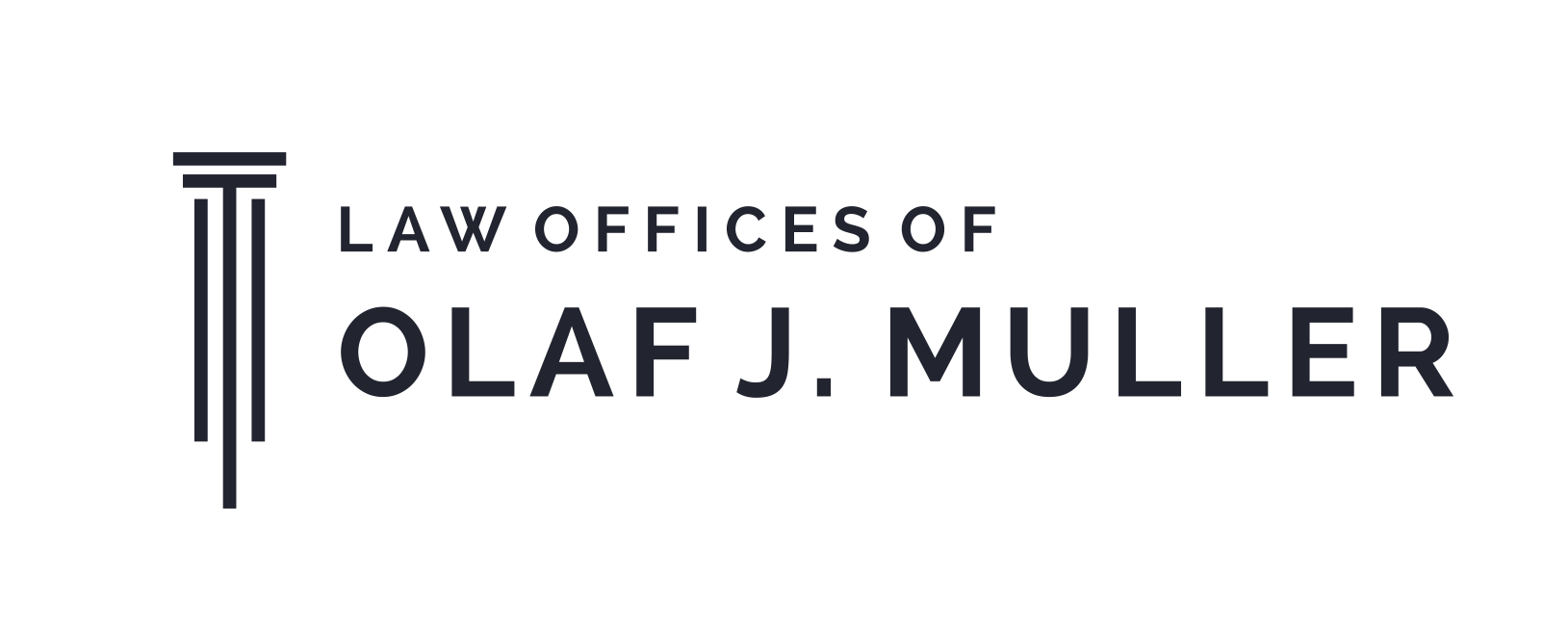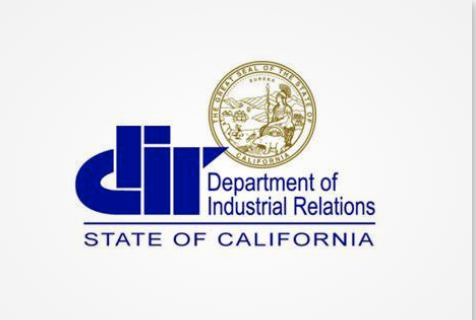Appellate Case No. B291695
In this partially published opinion, the Court of Appeal affirmed the grant of a Special Motion to Strike claims targeting allegedly false testimony made by defendant during wage claim-related hearings before the California Labor Commissioner.
Plaintiff filed suit for violations of 42 U.S.C. § 1983, the federal civil rights statute, albeit in state court, not federal court (Defendants did not remove). Plaintiff then argued that the federal counts were not subject to the anti-SLAPP statute. The trial court and Court of Appeal disagreed.
—
Defendant Chavez filed wage claims with the CA Labor Commissioner against his former employers, Plaintiffs here.
The Labor Commissioner held a Berman hearing at the start of the proceedings, an informal adjudication of Chavez’s claims whereby the Commissioner resolves the claims without relying on the rules of evidence, there are no motions and no pleadings beyond a complaint and answer, etc. Following this hearing, the Labor Commissioner awarded Chavez $235,000 in unpaid wages, penalties, and interest against his former employer.
One month later, the former employer filed this underlying action against Chavez and two Labor Commissioner officials who had presided over the Berman hearing. The former employer alleged that Chavez lied under oath during the Berman hearing and attacked the Labor Commissioner’s actions as illegal or incorrect in various ways. The former employer apparently did not directly appeal the Labor Commissioner’s ruling to the Los Angeles Superior Court. Instead, the employer subsequently argued that this civil action constituted its appeal here (which both the trial court and this Court of Appeal rejected).
To shoehorn its allegations into a 1983 claim, the former employer alleged that the Berman hearing and related proceedings constituted a “state action” that violated the employer’s “constitutional rights.” The former employer sought $10M in damages from defendants, as well as a “writ of mandate” vacating and reversing the Labor Commissioner’s ruling.
The Court of Appeal engaged in a detailed breakdown of the applicability of C.C.P. 425.16 to claims made under federal law but brought in state court, explaining that “the anti-SLAPP statute will apply to adjudication of a federal claim in state court unless either (1) ‘the federal statute provides otherwise’ …or (2) the anti-SLAPP statute ‘affect[s] plaintiffs’ substantive federal rights,’ and is thus pre-empted.” Chavez at *7 (quoting Chavez v. Keat (1995) 34 Cal.App.4th 1406, 1413-1414 and County of Los Angeles v. Sup. Ct. (2006) 139 Cal.App.4th 8, 17).
The Chavez Court first concluded that “‘[n]othing in section 1983 imposes federal procedural law upon state courts trying civil rights actions.’” Chavez, supra, 34 Cal.App.4th at 1414. A handful of California appellate courts have held that C.C.P. 425.16 does apply to federal 1983 claims filed in California state court. Chavez at *8 (citing Bradbury v. Sup. Ct. (1996) 49 Cal.App.4th 1108, 1117-1118; Vergos v. McNeal (2007) 146 Cal.App.4th 1387, 1392, fn. 4).
Per the Chavez Court, few published cases have “fully analyzed the second possibility….” Op. at *8. They “analyze[d] the second possibility now and conclude that section 1983 does not preempt application of the anti-SLAPP statute to section 1983 claims in state court.” Id.
In order for a particular federal law to preempt C.C.P. § 425.16, some part of C.C.P. § 425.16 itself must “stan[d] as an obstacle to the accomplishment and execution of the full purposes and objectives of Congress’ “ in enacting the underlying federal statute.” Chavez at *8 (quoting Felder v. Casey (1988) 487 U.S. 131, 138; quoting Perez v. Campbell (1971) 402 U.S. 637, 649).
The Chavez Court concluded that the anti-SLAPP statute is not preempted by 42 U.S.C. § 1983 because the statute “applies neutrally to all types of causes of action and does not specifically target government conduct.” Chavez at *9. The Chavez Court otherwise so concluded because the purpose of section 1983 claims is to prevent discriminatory state laws, to protect federal rights where state law is inadequate, and to protect federal rights where state processes are theoretically but not practically available. Because the plaintiffs here failed to identify any basis on which C.C.P. § 425.16 obstructed or hindered any one of these purposes of section 1983, the Chavez Court concluded that section 1983 did not preempt C.C.P. § 425.16 for section 1983 claims brought in state court.
The Chavez Court rejected the argument that C.C.P. § 425.16(g)’s automatic stay on discovery in any way hindered the litigation of section 1983 claims, based on the fact that litigants might seek specified discovery if needed. Chavez at *9. The Chavez Court otherwise rejected this argument on the grounds that the second prong burden was so minimal, a plaintiff should normally have no trouble satisfying it as need be. Id. at **9-10. “Thus, the enforcement of anti-SLAPP discovery restrictions in section 1983 actions will not ‘frequently and predictably produce different outcomes… based solely on whether the claim is asserted in state or federal court.’” Id. at *10 (citing Felder, supra, at 131).
The Chavez Court likewise rejected the argument that C.C.P. § 425.16(c)’s fee-shifting provisions hindered the litigation of section 1983 claims. “Although the potential for such fee-shifting might discourage some plaintiffs from pursuing section 1983 claims, that possibility does not rise to the level of defeating a plaintiff’s ability to vindicate his federal rights through a section 1983 claim….” Chavez at *11. The Chavez Court emphasized that in order for section 1983 to preempt C.C.P. § 425.16, C.C.P. § 425.16 must “defeat” the federal right, not simply put “some additional burden” on the plaintiff seeking to vindicate it. Id.
Turning to the SLAPP analysis’s second prong, the Chavez Court easily concluded that the targeted speech was protected by the litigation privilege, making it impossible for the plaintiffs to meet their burden and defeat the anti-SLAPP motion.
The Chavez Court separately concluded that even if California’s litigation privilege did not apply to the targeted speech because plaintiffs brought a federal 1983 claim, the plaintiffs still failed to meet their second-prong burden because they filed to “assert any legally viable cause of action against Chavez.” Chavez at *13.
The Chavez Court concluded that plaintiffs failed to bring a legally viable claim against Chavez because “[a] private party is presumed not to act under color of state law” and Chavez here was a private party not acting under color of state law. Chavez at *13 (citing Sutton v. Providence St. Joseph Medical Center (9th Cir. 1999) 192 F.3d 826, 835). Were the Court to construe Chavez’s testimony before the Labor Commissioner’s hearing as his action “under color of state law,” then “every witness offering important testimony would be acting under color of state law and potentially subject to section 1983 liability. Neither law nor logic supports such a result.” Chavez at *14. The Chavez Court further so concluded because under federal law, witnesses in judicial proceedings “enjoy absolute immunity from suits based on testimony they offer, including in suits under section 1983.” Id. (citing Briscoe v. LaHue (1983) 460 U.S. 325, 329); Blevins v. Ford (9th Cir. 1978) 572 F.2d 1336, 1339; Holt v. Castaneda (9th Cir. 1987) 832 F.2d 123, 125-126). The Chavez Court separately cited and quoted to caselaw separately holding that an individuals’ pursuit of legal claims as a plaintiff in a judicial proceeding “‘does not rise to the level of state action.’” Chavez at *14 (quoting Tulsa Professional Collection Services v. Pope (1988) 485 U.S. 479, 485-486).
The Chavez Court further held that there must be a “close nexus” between the seemingly private action and the state action in order for section 1983 to apply, which nexus was not present here. Chavez at **14-15. “A private citizen who brings a wage claim or testifies before the Labor Commissioner is not performing any government function. Nor does the law delegate any role or responsibility to a private citizen by giving him the ability to pursue a wage claim at an administrative hearing and testify on his own behalf.” Id. at *15.
The Chavez Court wrapped up its opinion by concluding that the employer’s writ of mandate action under C.C.P. § 1094.5 and Labor Code § 98.2 was not viable against Chavez. “Writ relief is… only available against the administrative agency that made the challenged decision.” Chavez at *16.



Comments are closed